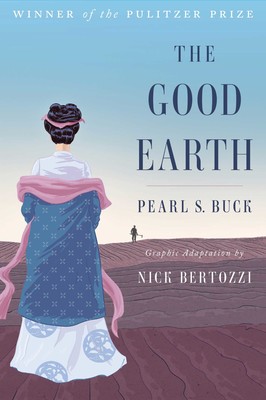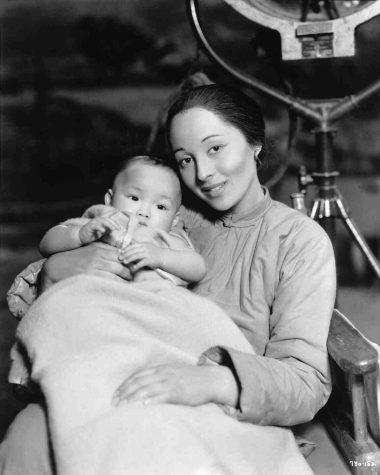“The Good Earth” Literature Capsule #2

May 21, 2019
Not many books have the honest, personal quality of Pearl Buck’s The Good Earth. A novel written as though it were a biography, the story of Wang Lung in pre-revolutionary China is a must-read.

The novel reads like a movie. The characters resemble familiar personalities. The setting is authentic, as though a window into human history.
Yet, a reader does not need to like histories to enjoy The Good Earth, for the history is not what makes the novel excellent. Rather, impact of this story is drawn from the intimate descriptions of the main character’s daily life. The reader is prompted to view the world from the perspective of a rural farmer, encountering problems never before considered.
The author, having spent her childhood in China, crafted The Good Earth to display the Chinese people as human- for as history reminds us, they were often viewed as lesser-than. Her novel achieves this effect through complex characters with realistic narratives.
“If you want to understand today, you have to search yesterday”
Though seemingly foreign, the story following Wang Lung, O-lan, and their children is incredibly personal. Their setbacks feel painful, as if they were the reader’s own; their struggles through famine, war, and corruption often do not satisfy.
I want my readers to experience the same realizations as I had; to find comfort and pain in a story that does not resemble your own, but rather our’s collectively.